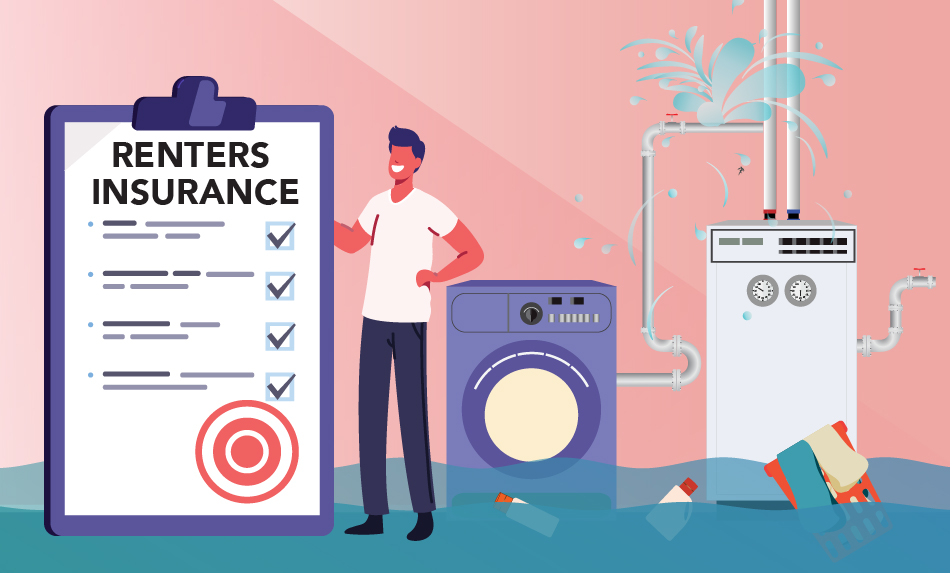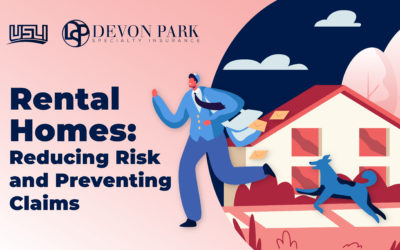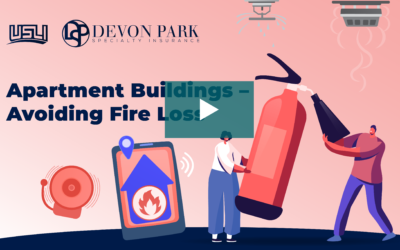A vital part of loss control is identifying and correcting hazards before a loss occurs. With spring just around the corner, as a residential condo investor, now is the time to assess your unit(s) to ensure your investments don’t cost you due to possible damage. Utilize this resource to uncover the areas within your unit(s) that may require attention and learn the importance of your tenants having renters insurance.
Areas That May Require Attention
Washers and Dryers
Water leakage is a common problem with washers and dryers that have been around for a while. The average lifespan of a washer or dryer is approximately 10 years. If you notice pools of water near these appliances, don’t ignore them. If your water bill increases significantly in a month, a leaking appliance may be the cause.
Pipes
Kitchen, bathroom and laundry room pipes are the most likely to leak. Have these pipes inspected annually.
Dishwashers
Dishwashers typically last 10 to 13 years. When your dishwasher makes strange noises, overheats, overcools, leaks or gives off a bad odor, it’s time to repair or replace it.
Stoves and Ovens
The average lifespan of stoves and ovens is up to 15 years. A properly functioning stove shouldn’t take long to heat up. Clean the grates and burner caps on gas stoves, especially when you notice the flames aren’t blue or they’re flickering. If the buttons on your electric stove are malfunctioning or if the glass is cracked, it is not safe to cook. If your stove/ oven is missing a part, it may be covered under warranty.
Refrigerators
Refrigerators more than 10 years old may need to be replaced. Look out for the following signs: your refrigerator has excessive condensation and the rubber sealing has water droplets, meaning it may not be cooling properly, or your food is spoiling quickly or unable to maintain a cool temperature.
The Importance of Renters Insurance
It is important to have open communication with your tenants and to ensure each tenant carries renters insurance. Why? Renters insurance not only protects the tenant, but also the landlord and the property.
You might assume your tenant would be responsible for paying for any losses they incur if they do not obtain a renters insurance policy. However, in reality, these losses can wind up landing on your insurance policy, meaning you could ultimately be the one footing the bill.
Renters Insurance Tips
- Much like homeowners insurance, renters insurance can cover a wide range of losses on your premises, such as fires caused by a tenant, losses due to theft, negligent destruction of your property and more.
- Make renters insurance a requirement in your lease, and provide recommended liability limits the tenant should purchase.
- Obtain proof of insurance prior to a lease being signed.







